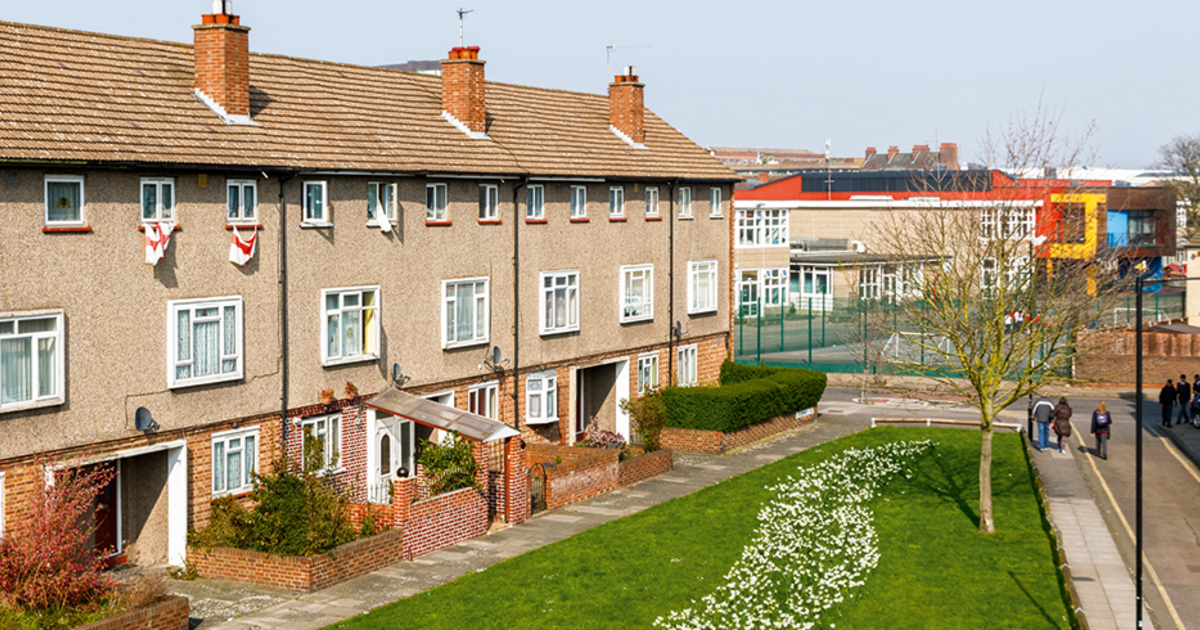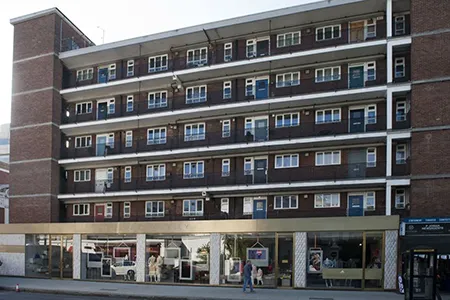While the lender will look at the risk of the property you want to buy, they’ll also be looking at what they consider to be the risk of lending to you, which includes income, deposit, credit history, and more.
Your Income
The more you earn, you’ll be considered less of a risk to a lender. There are several specialist lenders that can accommodate unusual incomes. As an independent mortgage broker, we’ll be able to advise you of who these lenders are.
The Size of Your Deposit
From the lender’s perspective, the larger the deposit, the more favourably they’ll look at your application. The ideal minimum deposit is usually around 10% for most residential properties, including ex-council flats. However, some lenders may be willing to accept 5% under certain circumstances. Being able to put up more than the minimum is a good way of encouraging the lender to offer you their best rates.
Your Credit History
If you have a poor credit history, your borrowing options may be more limited. Therefore, spending several months improving your credit score before applying for a mortgage is a good idea. This will give you more borrowing options.
Your Age
Some lenders will automatically decline applications from people above a certain age or will require proof that you can make your repayments after retirement. Most lenders have a maximum lending age of 75, while some will go to 85.
Your Expenditure
The main concern of a lender is whether you’ll be able to meet your monthly repayments. Lenders will want to assess how your finances will stand up to rises in interest rates while also examining your outgoings and financial obligations.



